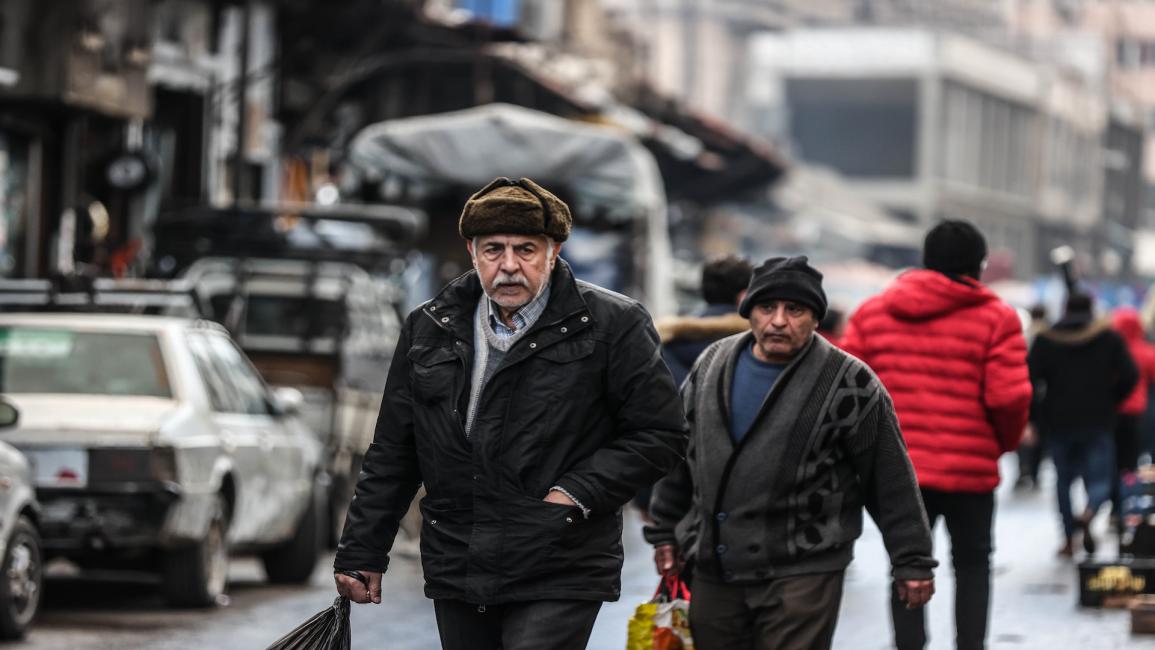Democracies—especially the United States—pride themselves on the saying, “All politics is local.” The idea is that the ultimate purpose of politics, including foreign policy, is to serve the interests of the people and provide them with tangible benefits, such as job opportunities, improved living standards, and increased production and exports. A government’s reward for effective governance is typically re-election—an extension of its time in power. Politicians, therefore, understand that the most pressing issues for the public are those that affect their daily lives: securing a livelihood and accessing basic services like water, electricity, transportation, healthcare, and education. Success, in the end, is measured by what people can put on their table at the close of the day.
In the evening, people may tune into television screens, witnessing the world’s major conflicts and tragedies. They may sympathize here, grow angry there, be moved by one event, and disheartened by another. But as soon as the television is turned off or social media scrolling stops, they return to their immediate reality—one where daily concerns dictate their thoughts and actions.
This principle applies universally, whether in democratic or authoritarian states. People’s fundamental needs remain the same across cultures, societies, and political systems. What differs is how governments shape policies that either facilitate or hinder the fulfillment of these needs, and the mechanisms through which they are held accountable—whether at the ballot box, in the streets, or by other means.
This basic yet profound reality has not been lost on Syria’s new administration, which has, since assuming power, sought to highlight the difference between the current situation and life under the previous regime. Nowhere is this difference more apparent than in the realm of public freedoms, where people can finally breathe the air of liberty after years of suffocating under tyranny. However, freedom alone does not sustain people. Under the previous regime, they were willing to trade it for bread—until both were taken from them, prompting their revolt.
History shows that in times of political transition, economic and living conditions often worsen before they improve. The period between the collapse of an old system and the stabilization of a new one is typically marked by disorder, uncertainty, and a sense of alienation—or even tension—between new political elites and existing institutions. This is true even in ordinary circumstances, let alone in a country emerging from a prolonged and devastating conflict that has ravaged both its people and its infrastructure.
Syria’s new administration faces enormous challenges—security-related, economic, and institutional. However, it is exacerbating its own difficulties, as well as those of the Syrian people, by failing to develop an effective communication strategy. It has yet to clearly articulate its plans, policies, and initiatives to the public—or even acknowledge if such plans do not yet exist. At the same time, it must curb hasty and improvised decisions (as seen in the case of salary increases).
The Syrian people, who have endured hardship and sacrificed for years, are willing to persevere further to navigate this transitional phase, provided it serves the greater goal of stabilizing the country and preventing chaos. Their willingness is evident in their cooperation with security efforts, despite the government’s limited resources. They also grasp the complexities involved in lifting international sanctions, unifying the country, reclaiming control over its natural resources, and addressing liquidity shortages. However, they can only remain patient if they are engaged directly, treated with respect and transparency, and kept informed through official media channels.
It is perplexing, for instance, that state television remains dormant and that a government spokesperson—such as the Minister of Information—has not been appointed to hold daily press briefings, summarizing governmental actions and addressing public concerns. Why is the country left at the mercy of rumors and unverified news circulating on social media? The persistent sense of chaos, confusion, and mismanagement is eroding public trust, while the lack of transparency is pushing people further away from the government.
There is little doubt that Syrians recognize the new administration’s good intentions and desire to rebuild the country—but good intentions alone are not enough. To secure public cooperation, or at the very least alleviate their frustration, people must either see tangible improvements in their conditions—something not currently feasible—or be made part of a clear plan that promises such improvements. They must also be spoken to with honesty about the challenges ahead.
Only then can the government prevent its adversaries from exploiting the situation. Because in the end, as the saying reminds us, all politics is local.
This article was translated and edited by The Syrian Observer. The Syrian Observer has not verified the content of this story. Responsibility for the information and views set out in this article lies entirely with the author.


